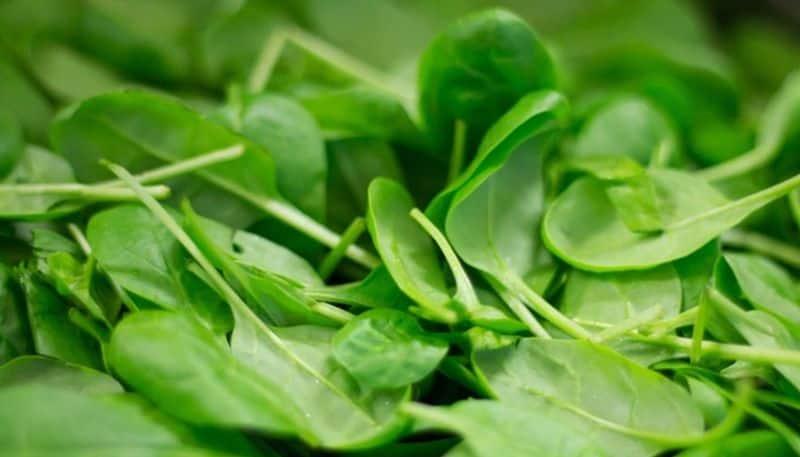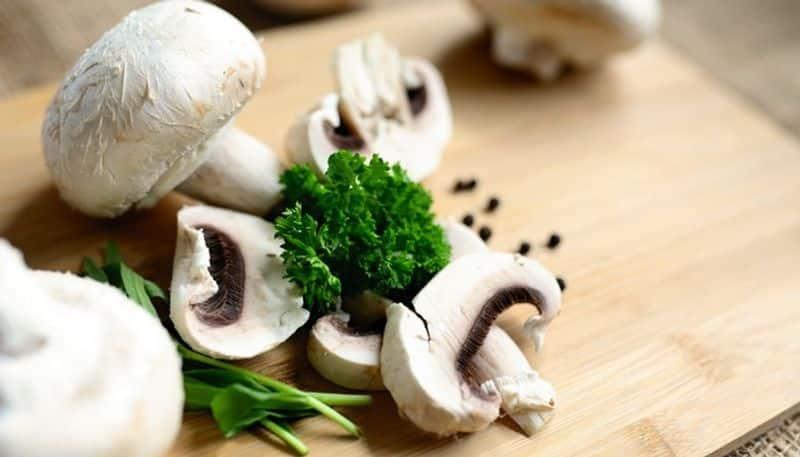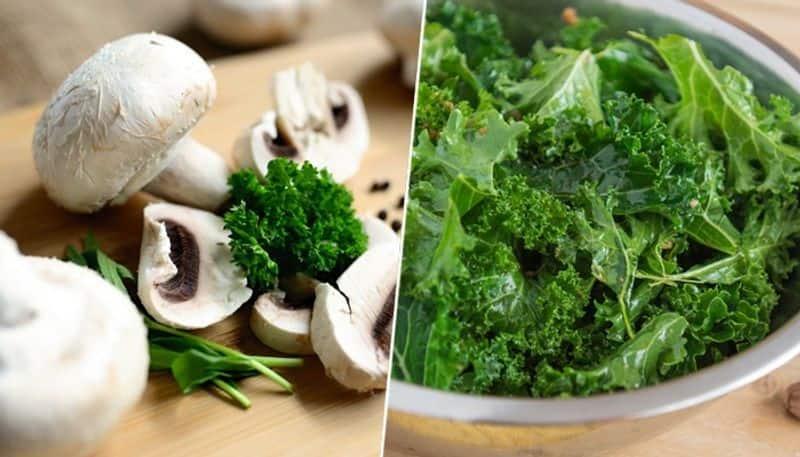
Mushroom To Kale: 7 Zinc-Packed Vegetables For Good Health
Explore the zinc-rich world of vegetables, vital for immune support, wound healing, and DNA synthesis. From spinach to mushrooms, kale, Brussels sprouts, broccoli, asparagus, and peas, discover plant-based sources that contribute to overall well-being

Spinach: Spinach is a leafy green vegetable that contains a moderate amount of zinc. It is also rich in other nutrients such as iron and vitamin K

Mushrooms:
Certain varieties of mushrooms, such as shiitake and white button mushrooms, contain zinc. They are a good option for those looking to increase zinc intake through plant-based sources
Brussels Sprouts:
Brussels sprouts are cruciferous vegetables that contain a modest amount of zinc. They are also high in fiber, vitamins, and antioxidants
Broccoli: Broccoli is another cruciferous vegetable that contains zinc. It is known for its various health benefits and is a versatile ingredient in many recipes
Asparagus: Asparagus is a nutritious vegetable that contains some zinc. It is also a good source of folate, vitamin K, and fiber
Peas: Peas, whether fresh or frozen, are a good source of zinc. They are also rich in protein, fiber, and various vitamins
Kale: Kale is a nutrient-dense leafy green that provides not only zinc but also a host of other vitamins and minerals. It can be incorporated into salads, smoothies, or cooked dishes
Legal Disclaimer:
MENAFN provides the
information “as is” without warranty of any kind. We do not accept
any responsibility or liability for the accuracy, content, images,
videos, licenses, completeness, legality, or reliability of the information
contained in this article. If you have any complaints or copyright
issues related to this article, kindly contact the provider above.


















Comments
No comment